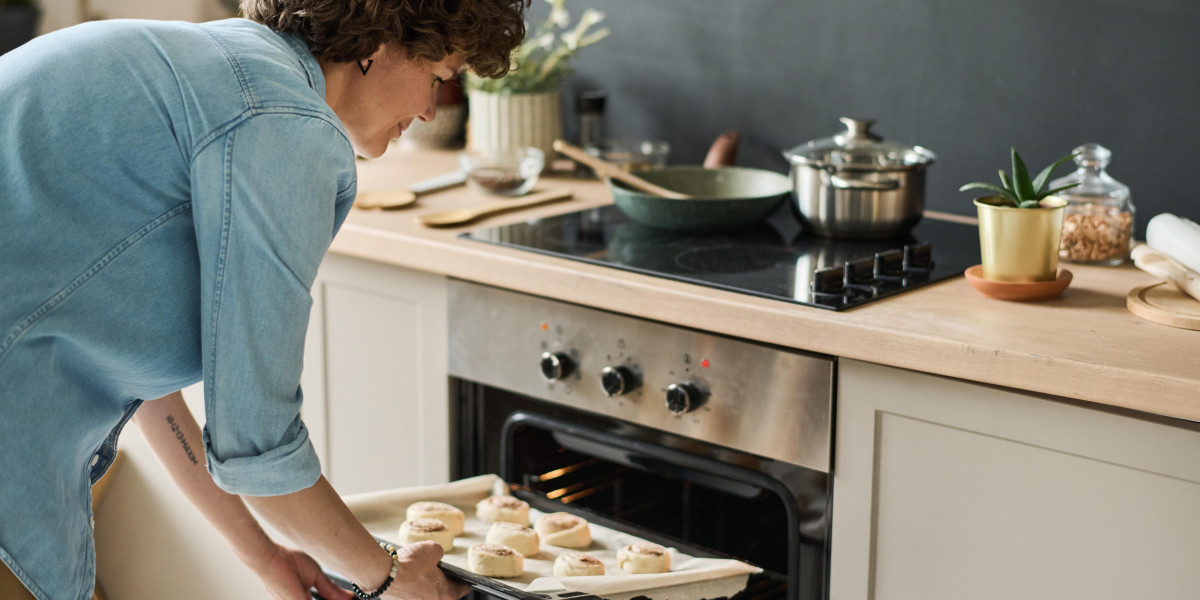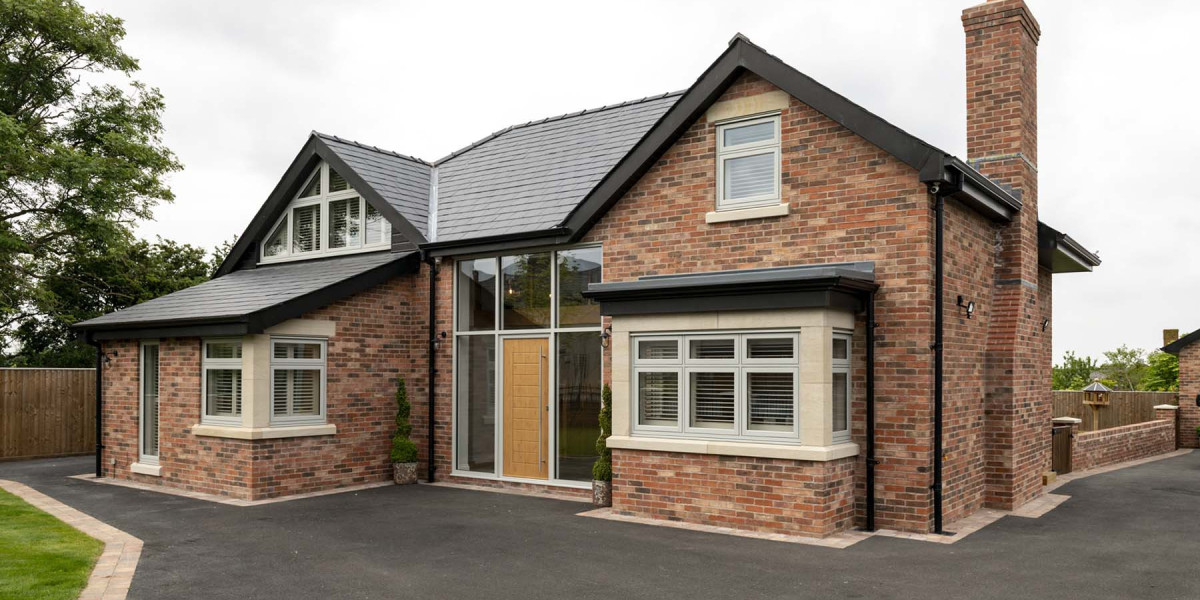
The Comprehensive Guide to Built-In Ovens
Introduction
Built-in ovens are a staple in modern cooking areas, integrating elegance with functionality. They use a streamlined aesthetic and efficient cooking abilities, making them a favored choice for homeowners and culinary enthusiasts alike. This article delves into the benefits of built-in ovens, their numerous types, essential functions to consider, installation ideas, and maintenance suggestions, along with frequently asked concerns.
Benefits of Built-In Ovens
Baridi 60Cm Built-In Oven - 55L ovens included a variety of benefits that contribute to their appeal. Here are some essential benefits:
- Space-Saving Design: Built-in ovens are created to fit seamlessly into cabinets, permitting for a more organized and space-efficient kitchen design.
- Visual Appeal: They provide a streamlined and contemporary appearance that can enhance the total style of the kitchen.
- Enhanced Functionality: Built-in ovens often include sophisticated functions and innovations that support numerous cooking approaches.
- Improved Cooking Experience: Many built-in designs include self-cleaning functions, temperature probes, and programmable settings, improving the cooking experience.
- Increased Property Value: A properly designed kitchen with built-in appliances can boost the value of a home.
Kinds Of Built-In Ovens
Built-in ovens been available in numerous types, each created to meet numerous cooking choices and needs. Here are the primary types:
| Type of Built-In Oven | Description |
|---|---|
| Single Oven | A single, standalone oven for conventional baking and roasting. |
| Double Oven | Integrates two ovens in one unit, permitting several meals to prepare at various temperature levels. |
| Wall Oven | Installed in the wall, maximizing counter space, ideal for little cooking areas. |
| Convection Oven | Uses fans to distribute hot air for even cooking, enhancing the outcomes of baked items. |
| Steam Oven | Utilizes steam for much healthier cooking alternatives, protecting nutrients in food. |
Key Features to Consider
When choosing a built-in oven, several functions can impact performance and usability. Here are some vital functions to keep in mind:
Cooking Modes
- Bake: Traditional baking with bottom heat.
- Broil: Top heat cooking ideal for browning and crisping.
- Convection: Circulates hot air for even cooking.
- Steam: Uses steam for healthier cooking alternatives.
Size and Capacity
- Requirement sizes typically range from 24 to 30 inches wide.
- Consider the internal capacity-- it can range from 3 to 6 cubic feet, enabling various meal sizes.
Controls and Smart Features
- Touchscreen Controls: Easy shows and modifications.
- Smart Technology: Connectivity functions permit remote monitoring and control via mobile phone applications.
Energy Efficiency
- Search for models with ENERGY STAR scores, indicating lower energy usage.
Security Features
- Functions like vehicle shut-off and kid locks enhance security throughout operation.
Installation Tips
Setting up a built-in oven may need expert help, but here are some general suggestions to bear in mind:
- Choose the Right Location: Ensure there's sufficient area in your cabinetry for setup, bearing in mind ventilation requirements.
- Electrical Requirements: Check that your kitchen's electrical wiring fulfills the oven's power requirements, particularly for Indesit 60cm Stainless Steel Electric Oven - Affordable Quality designs.
- Level the Oven: Ensure the oven is level to promote even cooking.
- Secure the Oven: Attach it firmly to the cabinets to avoid movement throughout usage.
Maintenance Advice
Regular maintenance is vital for the longevity and efficiency of a built-in oven. Here's how to keep it in top shape:
- Regular Cleaning: Wipe down surface areas after each use and carry out deep cleaning periodically.
- Check Seals: Inspect door seals for wear and guarantee they keep an airtight fit to improve energy performance.
- Adjust Temperature: If food regularly comes out overcooked or undercooked, think about recalibrating the oven's temperature settings.
- Expert Servicing: Schedule yearly check-ups with a qualified specialist to keep optimum efficiency.
FAQs
What is the distinction between a built-in oven and a freestanding oven?
Built-in ovens are developed to be set up within cabinetry, offering a seamless look. On the other hand, freestanding ovens are standalone units that generally feature their own cooktop.
Are built-in ovens more expensive than freestanding models?
Generally, built-in ovens can be more expensive due to the included installation expenses and advanced functions. Nevertheless, costs differ widely based on brand name, size, and functionalities.
Can I set up a built-in oven myself?
While it is possible to set up a built-in oven yourself, it is recommended to work with a professional to make sure appropriate installation, especially if modifications to cabinetry or electrical work are required.

How frequently should I clean my built-in oven?
It is advisable to clean your built-in intergrated electric oven regularly after heavy use. For deeper cleanings, make use of the self-cleaning function if offered or periodically perform manual cleansing to avoid build-up.
Built-in Ovens & hobs are an important addition to any kitchen, providing both visual appeal and advanced cooking capabilities. By comprehending their types, features, setup, and upkeep requirements, property owners can make informed choices that boost their cooking experience and boost the overall value of their homes. As kitchen designs continue to progress, Beko 99L Built-In Double Oven - Stainless Steel integrated ovens and hobs will likely stay a popular choice for modern homes.








